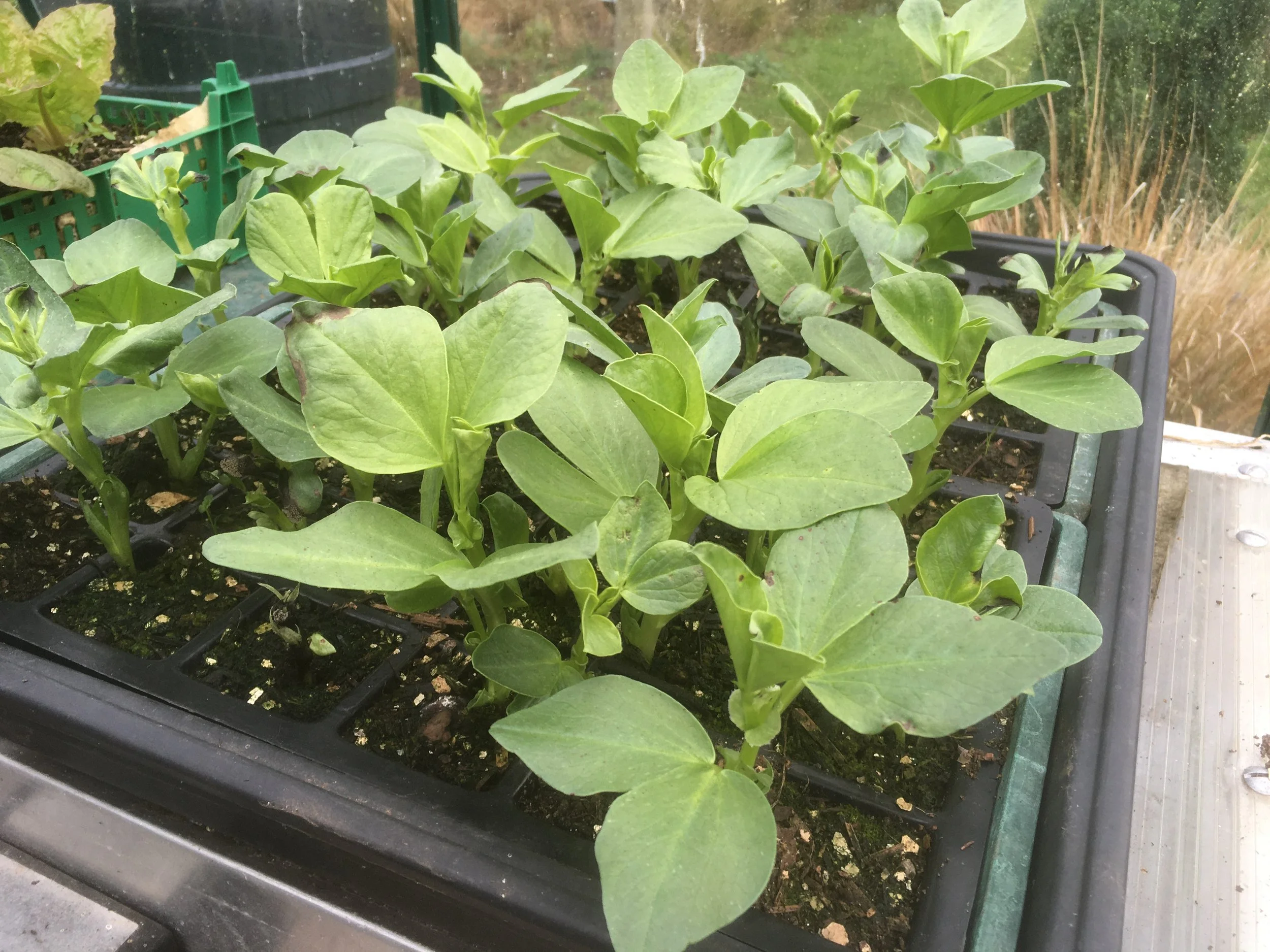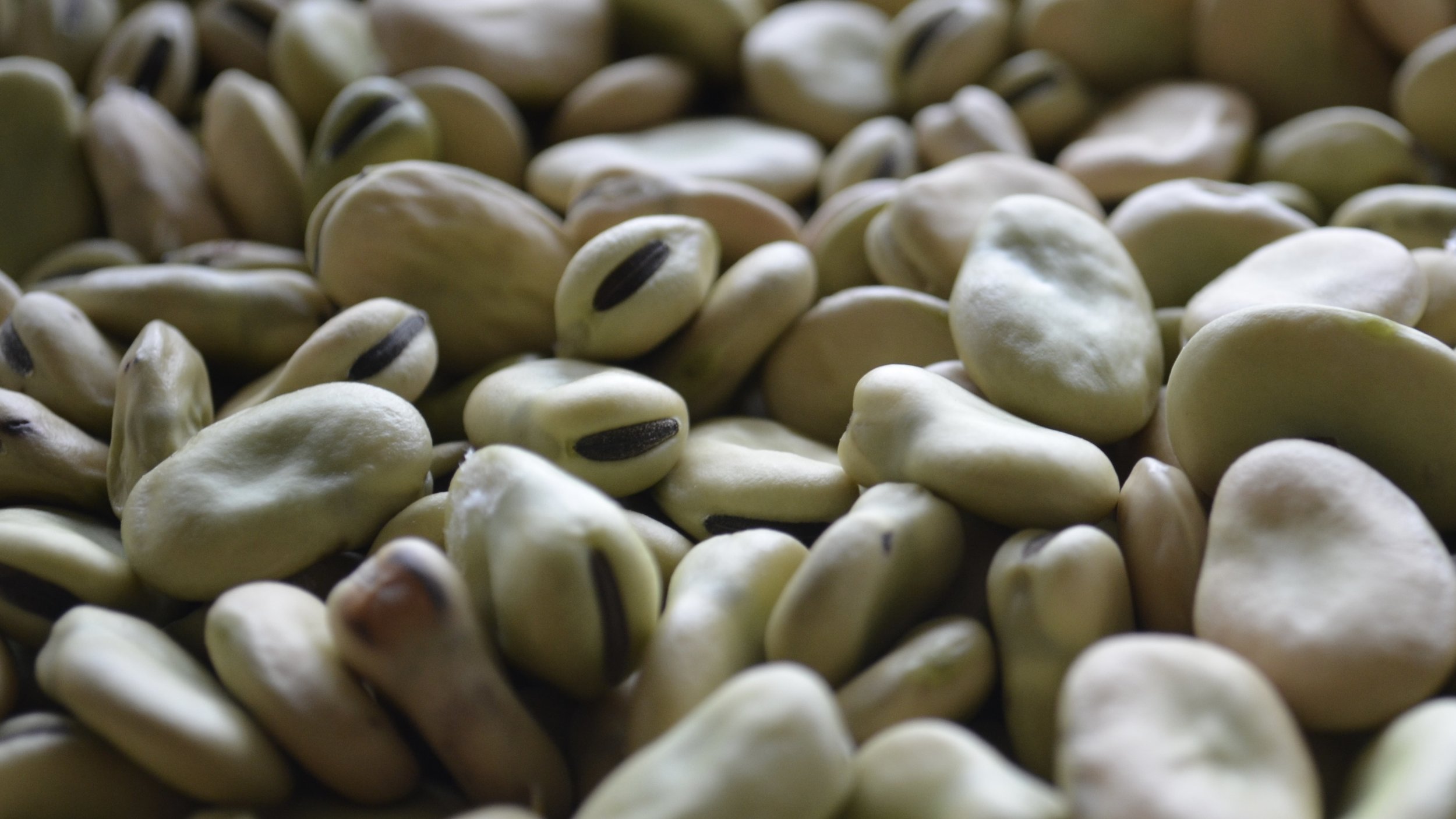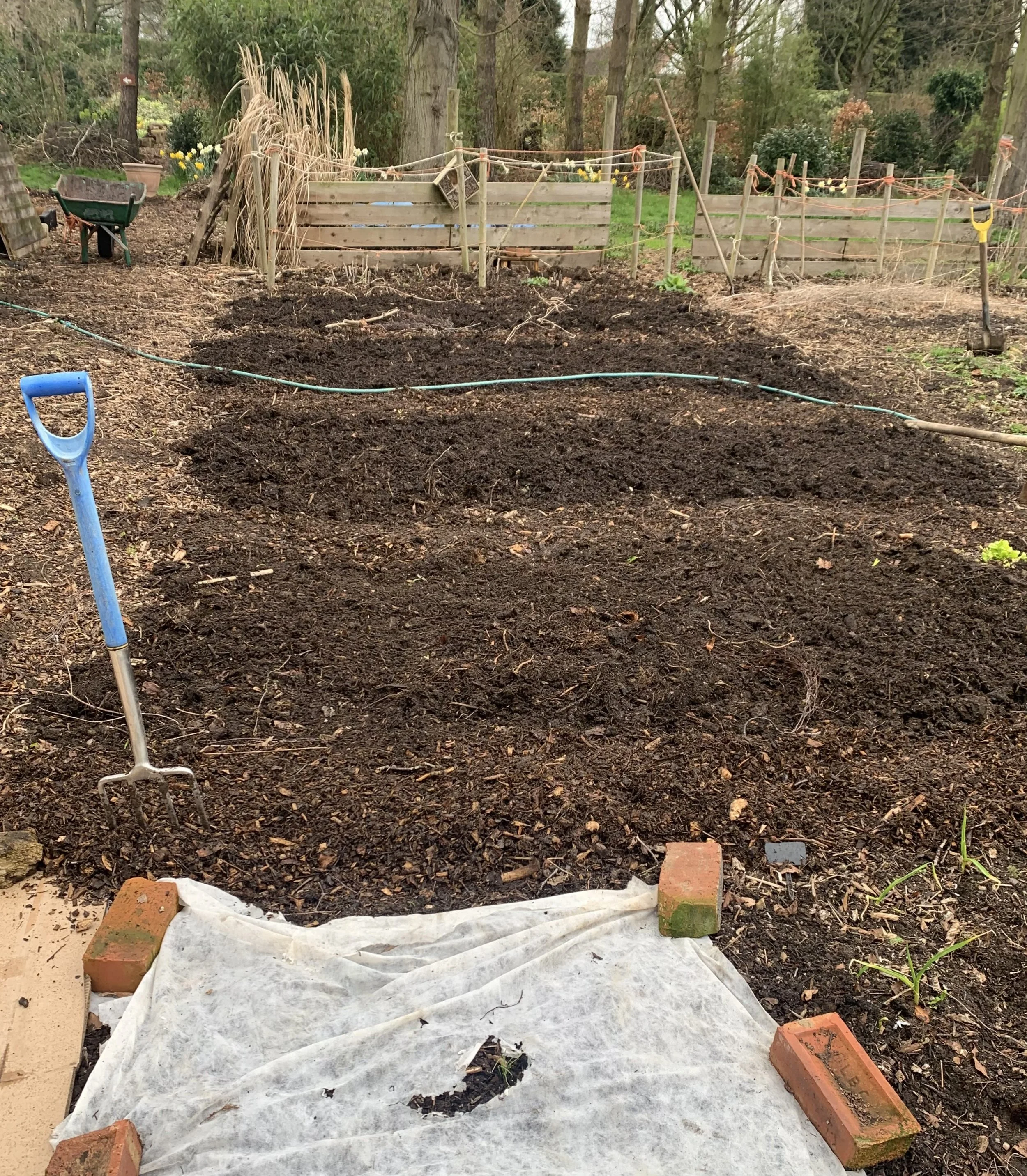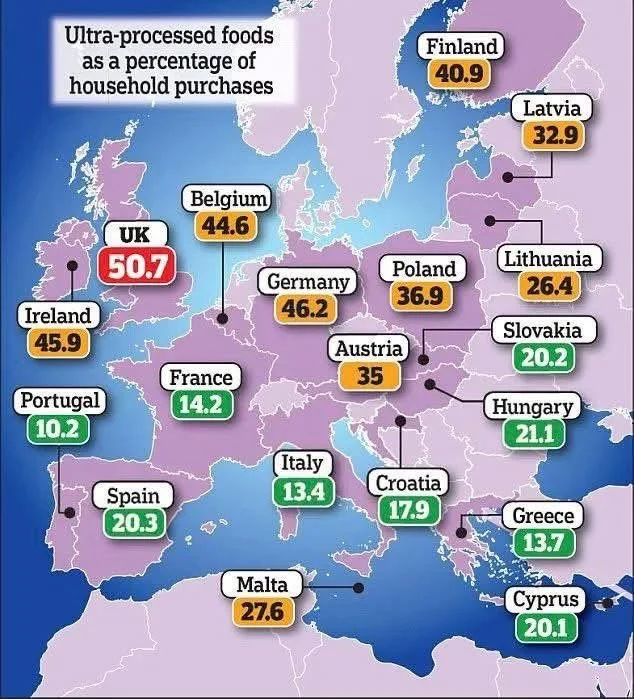10,000 years after..
There is wonder in the productivity of the earth.
Broad (fava) bean seedlings
There is wonder too in the accumulation of knowledge and skills and understandings over countless years that has allowed us to harness this productivity to feed ourselves.
Growing food is a proud and honourable human tradition. It is primal. Pan-generational and international. And, I would argue, healing too.
Those who follow this blog will know that growing our own food is a passion we share and one that has been in my family for generations.
Many of the traditional tools we use were my dad’s, some his dad’s. In addition we use Punjabi dachti, Austrian scythes and Portuguese azada tools. The seeds and plants we grow are drawn from gardening and farming traditions across the world and have been developed over many thousands of years.
The domestication of broad (fava) beans may have begun as early as 8,250 BCE
Gardeners, like the rest of us, are prisoners of our time. We are committed organic gardeners, equally committed to encouraging wildlife. Dad was a good gardener. He used pesticides and ritually dug his plot each year. A generation on, our understandings have developed and we disturb the ground as little as we can, applying a mulch of our home-made organic compost to the soil surface every autumn. Our generation has a better understanding that productivity of our soil is dependent on nurturing the complex community of soil invertebrates, bacteria and fungi within it.
Complementing this is our better understanding both of the importance of an organic plant-rich diet for our health and the physical and mental health benefits of being outside ‘in nature’. The slow-growing, non-intensive cultivation of plants contributes to their higher nutrient value.
The humble broad bean (or in its’ dried form the fava bean) (Vicia faba) is emblematic of much of this…
The charred remains of broad (or fava) beans have been found in the excavated fires of Neolithic people in Galilee. Scientists now believe that the domestication of broad beans may have begun as early as 8,250 BCE.
Compost applied to soil surface
In addition to providing us with food, beans have the extra benefit of being "soil builders". They ‘fix’ atmospheric nitrogen into the soil, improve soil structure, and enhance organic matter content ready for the crop that follows.
Yesterday, having left the stumps and roots of the broad beans in the bed, we planted a following crop of Brussels sprout (Brassica oleracea) ‘Brodie’ plants. As the bean roots decay they will continue to provide fertility to the ground as the nitrogen-hungry young Brussels grow.
Ten thousand years after those first beans were cultivated I’m preparing for an hour under cover in the greenhouse out of the forecast rain, podding the dry Fava beans. They’re seeds of ‘Aquadulce Claudia’ variety we’ve saved from the harvest we save each year. ‘Aquadulce Claudia' is an old variety, with origins traced back to a Spanish broad bean from 1885.
We’ll store the dried fava beans throughout the winter then reconstitute them with water to cook using recipes not dissimilar to those used for cooking fava beans during the reign of the pharaohs.
Source: Sustain - the alliance for better food and farming
Our modern diets are frequently deficient both in fibre and in nutrient-rich pulses like fava beans. Indeed, in the UK, over half our domestic income is now spent buying ultra-processed food. Expensive and unhealthy for individuals and for the nation too in dealing with the chronic health issues that arise.
There have undoubtedly been many advances since our forebears cooked their beans over open fires in Galilee ten thousand years ago.
In distancing ourselves from nature and from growing and preparing our own food, a great deal of what is most important in the world is lost.




